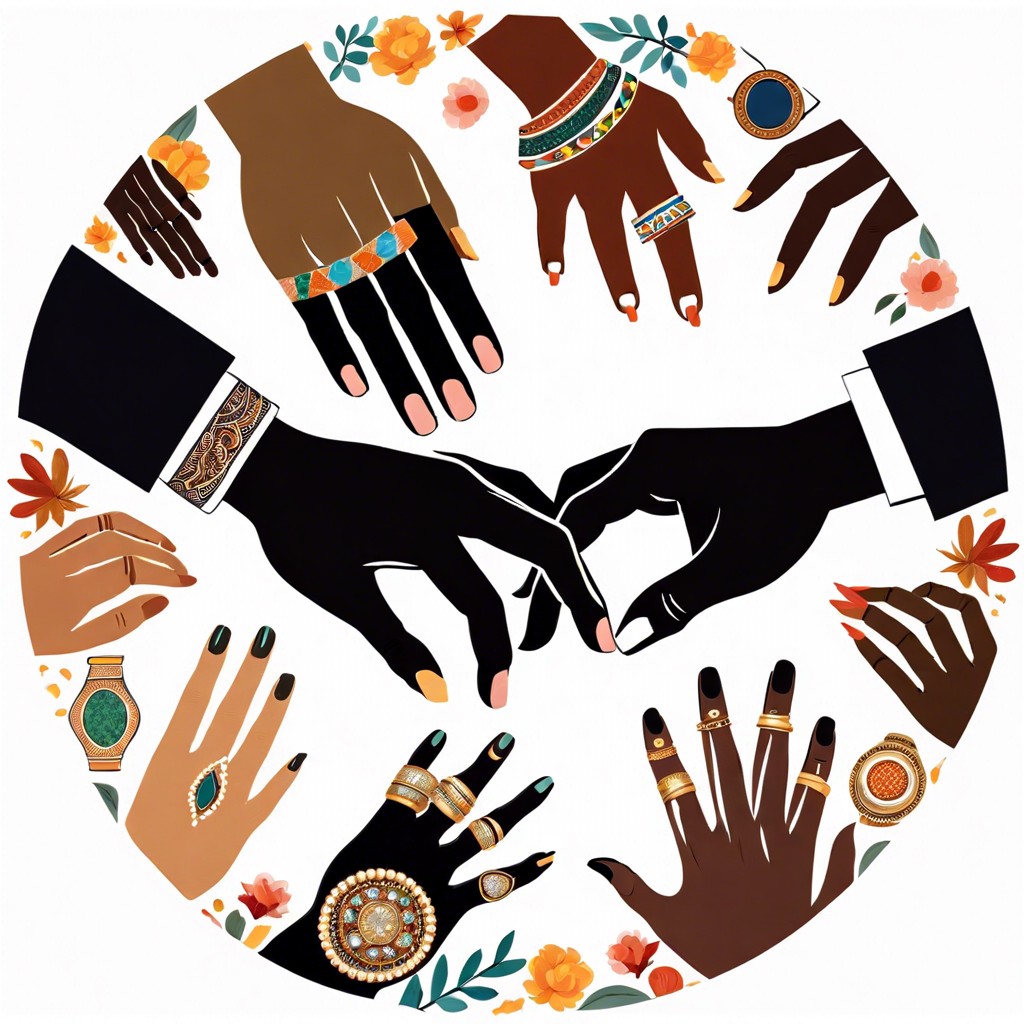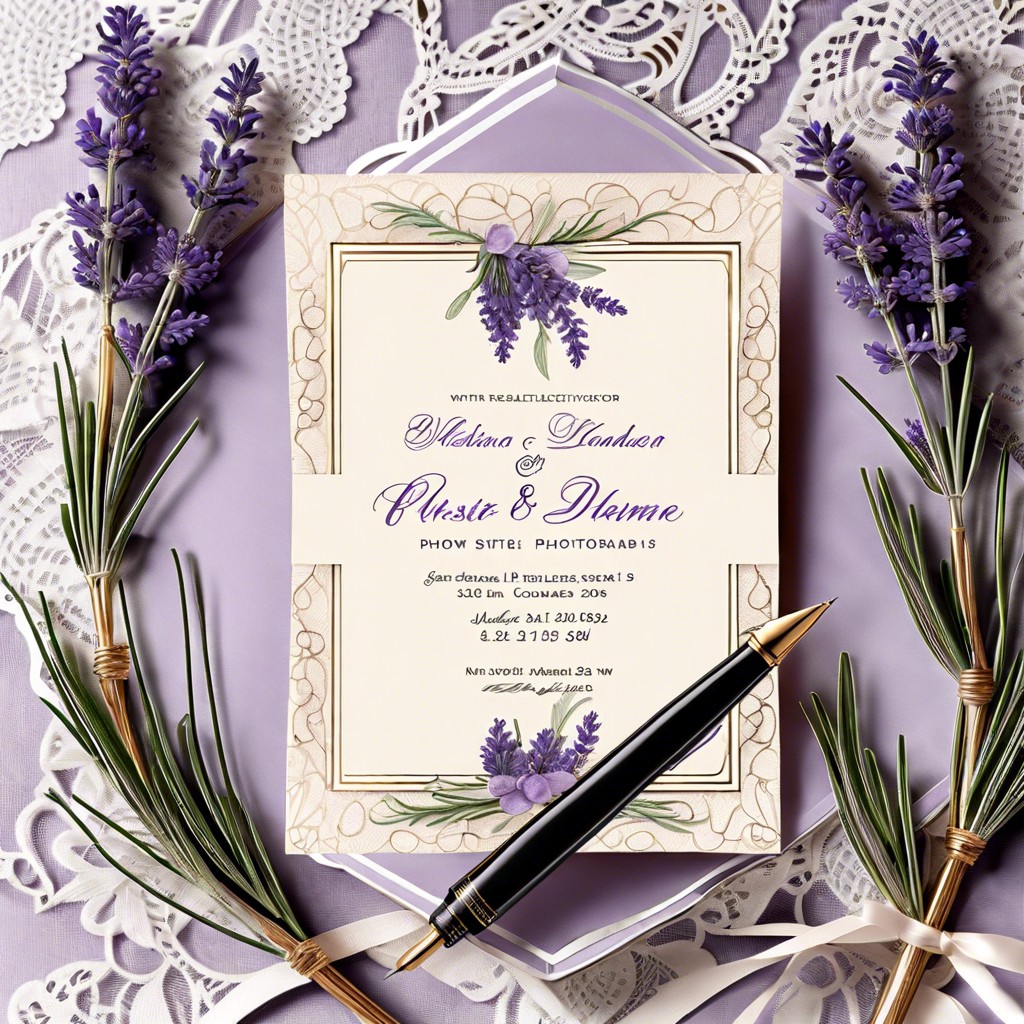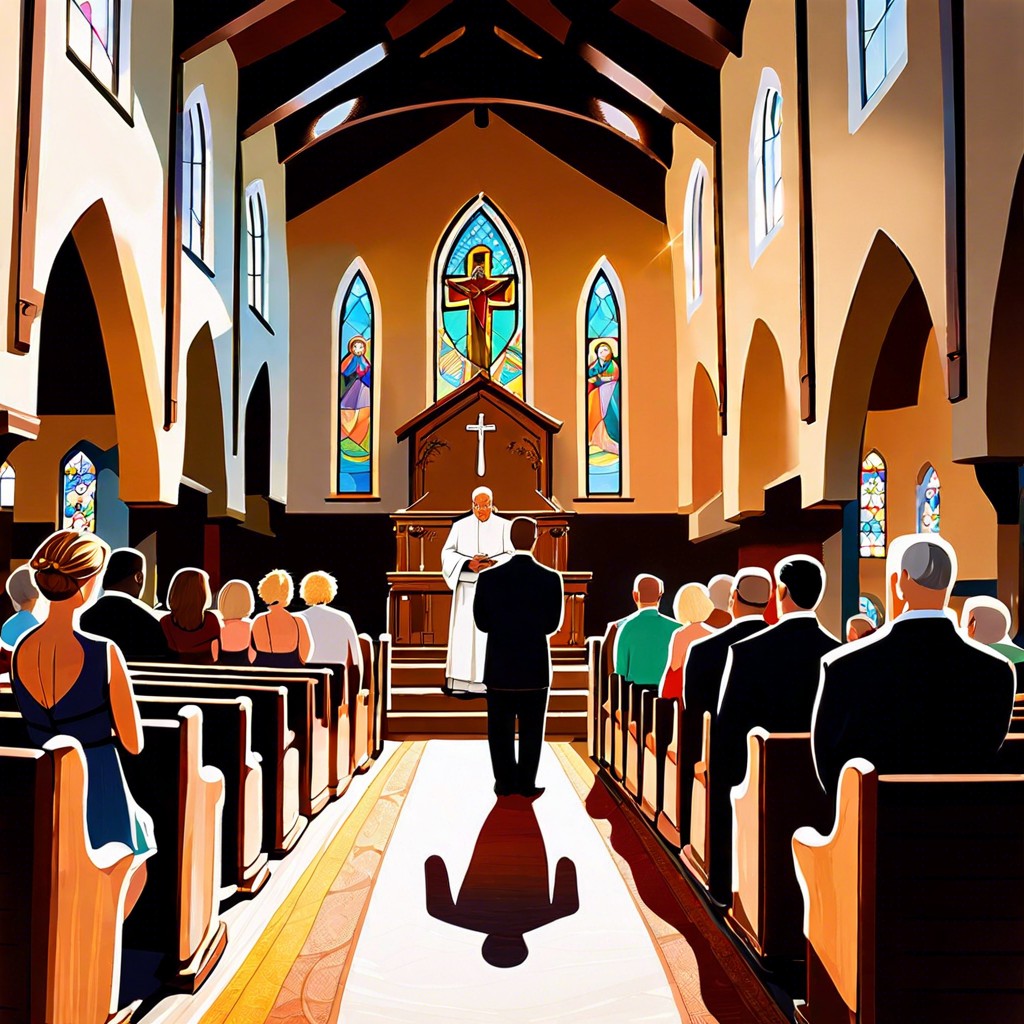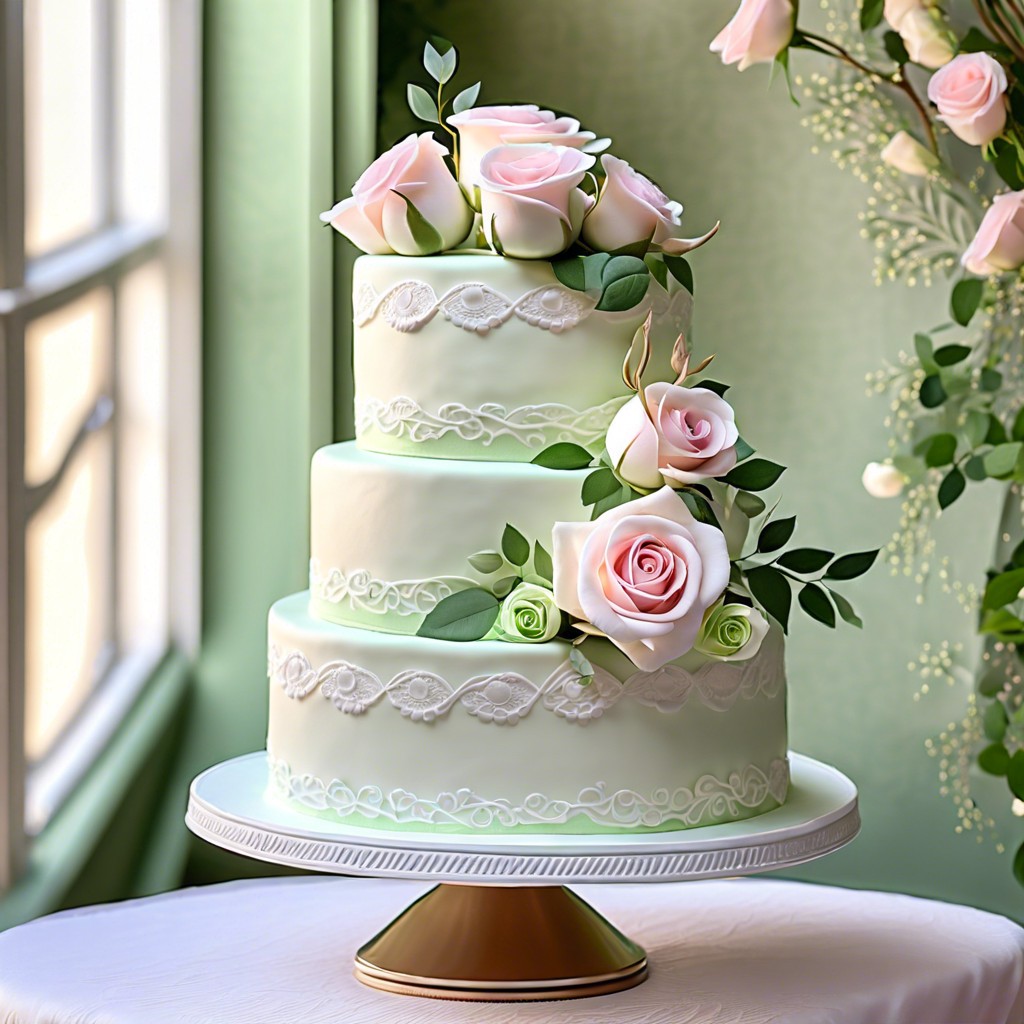This how-to article will provide you with a step-by-step guide on how to correctly calculate the amount of alcohol needed for a wedding.
Key takeaways:
- Guests consume 2 drinks in the first hour, 1 drink per hour after
- Allocate 50% wine, 30% beer, 20% spirits for mixed crowd
- Adjust quantity for larger weddings and consider multiple drink orders
- Tailor bar menu to guest preferences and provide non-alcoholic options
- Consider timing and adjust menu accordingly, research local pricing
Estimating Alcohol Needs Based On Guest Count

To accurately gauge alcohol quantities, use the following benchmarks:
- On average, guests will consume two drinks during the first hour of your event and one drink for each additional hour.
- Multiply the number of guests by the estimated drinks per person to get a baseline figure.
- For a mixed crowd, allocate 50% of your alcohol budget to wine, 30% to beer, and 20% to spirits. Adjust these percentages based on your crowd’s preferences.
- Consider a slightly higher quantity for larger weddings, as guests may have longer wait times at the bar and may order multiple drinks at once.
- It’s always better to overestimate slightly to ensure you don’t run out of beverages, but keep an eye on your budget. Remember to check with your vendor or venue about their policies on unopened bottles—some may offer buybacks or refunds.
Considering Party Duration for Alcohol Consumption
The length of your reception directly impacts the amount of alcohol you’ll need. Here’s a quick guide to help you calculate:
- Shorter Events (2-3 hours): Guests tend to consume less during brief celebrations. Estimate approximately two drinks per person for the first hour and one additional drink per subsequent hour.
- Longer Events (4-5 hours): A typical reception falls into this category. Start with the two-drink-per-person rule for the first hour, then add one drink per person for each hour that follows.
- Extended Celebrations (5+ hours): For lengthy receptions or those with after-parties, incrementally increase the estimate. Consider one drink per person for each hour beyond the five-hour mark.
Remember to adjust your calculations if your celebration includes a cocktail hour — it often warrants an additional drink per guest. Keep in mind, these are general guidelines, and actual consumption may vary depending on the crowd and the vibrancy of the celebration.
Identifying Guest Drink Preferences
Uncovering your guests’ drink preferences ahead of time greatly informs your alcohol purchase decisions, aiding in creating a well-rounded bar menu. Here are key points to consider for gauging those preferences:
1. Survey Through RSVPs: Include a question about drink choices on your RSVP cards or digital invites.
2. Consider Demographics: Age, culture, and even the season can influence drink selection – younger guests might lean towards trendy cocktails, whereas older attendees might prefer classic wine and beer.
3. Know Your Crowd: Reflect on social gatherings with your guests. Are they craft beer enthusiasts, or do they favor fine wines?
4. Signature Cocktails: Offer one or two signature drinks that not only add personality to your wedding but can also satisfy a broad range of tastes.
5. Non-Alcoholic Options: Remember to provide appealing non-alcoholic drinks for designated drivers and non-drinkers.
Tailoring your bar menu around these insights ensures that you provide an enjoyable experience for all while managing your budget effectively.
Factoring in the Time of Day
The timing of your celebration significantly influences beverage consumption. Typically, afternoon receptions tend to be lighter on alcohol, with guests naturally inclined towards softer drinks and perhaps a lower quantity of hard liquor. On the other hand, evening events usually see a higher demand for spirits and a broader variety of cocktails.
Daytime weddings might benefit from offering a signature cocktail, alongside beer and wine, to satisfy a range of tastes without the need for a fully stocked bar. Consider lighter options such as mimosas or sangrias that are perfect for daytime sipping. For an evening affair, you might allocate more of your budget to a diverse bar menu, expecting an increased interest in specialty drinks and a potentially higher consumption rate as guests dance the night away.
Remember, a brunch wedding could mean a spike in demand for Bloody Marys and Bellinis, so adjust your calculations accordingly. Evening toasts, however, might call for a good supply of champagne or sparkling wine. Always reflect on your wedding’s unique schedule to accurately estimate your alcohol needs.
Understanding Local Pricing and Budget Constraints
Awareness of local pricing is crucial in budgeting for wedding alcohol. Prices for beer, wine, and spirits can vary considerably by region. Researching average costs per bottle or per drink in the wedding location offers a realistic framework for financial planning.
In addition, considering bulk purchase discounts from wholesalers or local liquor stores can significantly reduce expenses. Be sure to inquire about any special deals for large orders.
When setting a budget, remember to include taxes and potential service fees. Some venues may charge corkage fees for bringing your own alcohol, which can add to the overall cost.
Insurance is another potential cost. Some venues may require additional liability insurance for serving alcohol, which should be factored into the overall budget.
Lastly, always have a contingency fund for unexpected costs. Whether it’s last-minute guests or a change in menu, being prepared ensures that the alcohol supply remains sufficient without stressing the budget.
FAQ
How do you calculate drinks for a wedding reception?
To calculate drinks for a wedding reception, multiply the number of guests by the duration of the reception in hours, as it's generally estimated that each guest will consume one drink per hour.
How much beer and wine do I need for 100 guests?
For a four-hour party with 100 guests, plan to have approximately 160 beers and 29 bottles of wine, or if wine is not on the menu, consider preparing for 240 cocktails.
What is the basic alcohol to have at a wedding?
The basic alcohol to have at a wedding includes wines like merlot and chardonnay, prosecco champagne, and liquors such as vodka, tequila, scotch, and bourbon.
What are some cost-effective strategies for managing an open bar at a wedding?
Consider limiting choices to beer and wine, setting a drink maximum per guest, offering signature cocktails made from cheaper liquor, or scheduling the open bar only during the cocktail hour to manage an open bar at a wedding in a cost-effective way.
How should one address the need for non-alcoholic beverages at a wedding reception?
Incorporate non-alcoholic beverages into your wedding reception by offering a variety of creative mocktails, specialty coffees, and high-quality teas to cater to guests who don't consume alcohol.
Are there any traditional or popular signature wedding cocktails worth considering?
Yes, traditional and popular wedding cocktails often include choices like Bellinis, Mojitos, or even customized cocktails that represent the couple's unique taste and style.



